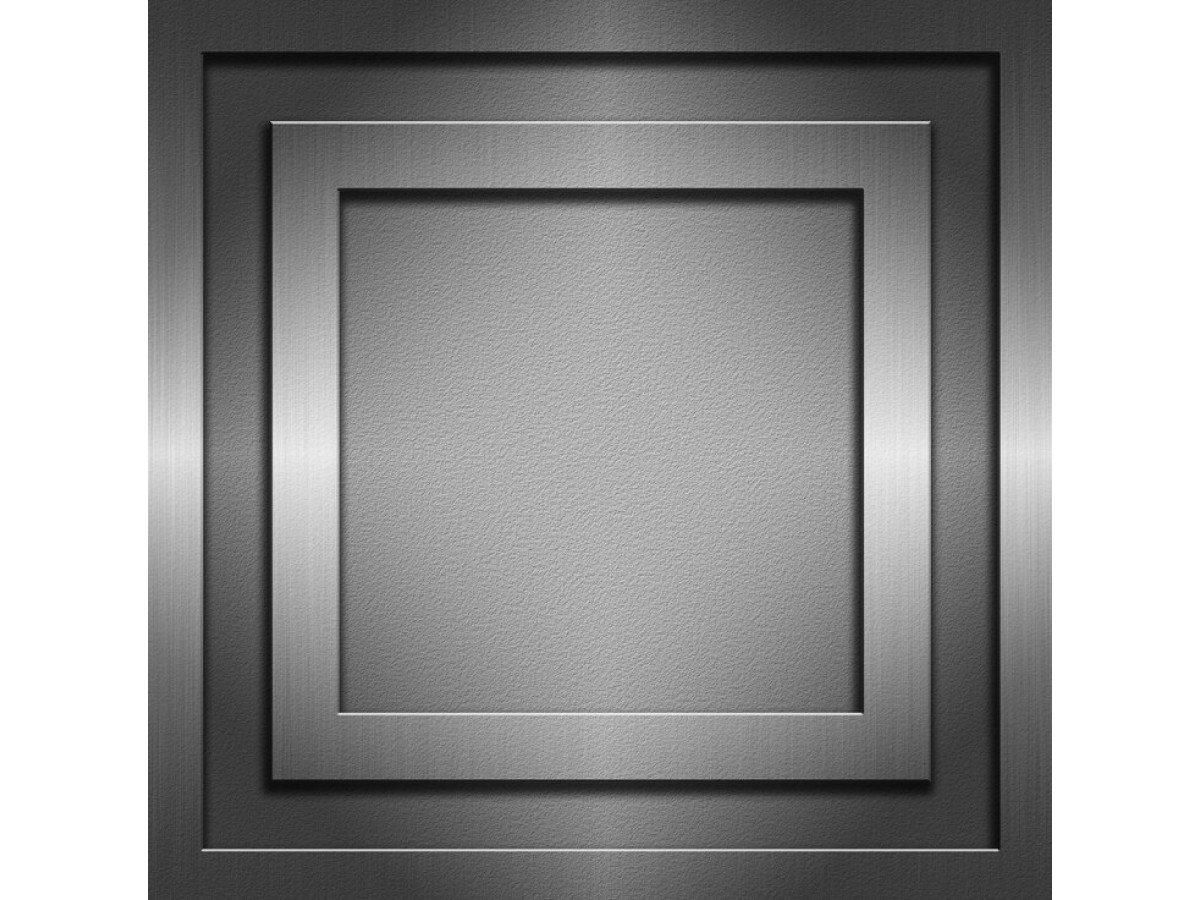Titanium sheet is a modern building material that is widely used in various industries due to its strength, lightness and resistance to various influences. In this article, we will look at various aspects of titanium sheet, its benefits, types and selection rules for optimal use.
Types of Titanium Sheet
Titanium sheet is one of the most common types of titanium metal, which is used in various industries due to its unique properties. Depending on the composition and processing, titanium sheets can have different types and characteristics. Here are some of the main types of titanium sheet:
- CP (Commercially Pure) titanium sheet is pure titanium without impurities, which is highly corrosion resistant and is used in harsh environments such as chemical industries and marine environments.
- Titanium sheet Ti-6Al-4V is an alloy of titanium with aluminum and vanadium, which has high strength and is used in the aviation and space industries, as well as in medical implants.
- Ti-6Al-4V ELI Titanium Sheet is an alloy of titanium with aluminum and vanadium that meets medical standards and is often used to make medical equipment and implants.
- Gr.2 titanium sheet is pure titanium with low impurity content, which has excellent weldability and is widely used in the chemical and oil and gas industries.
- Gr.5 titanium sheet is an alloy of titanium with aluminum and vanadium, which has high strength and good resistance to high temperatures, often used in the aviation and marine industries.
These are just some of the types of titanium sheet, and the choice of a specific one depends on the requirements of a particular project, the application and the characteristics of the material.
Advantages of Using Titanium Sheet
The use of titanium sheet in various industries and other applications has many advantages that make this material very attractive. Here are some of the main benefits of using titanium sheet:
- Corrosion Resistance: Titanium sheet is highly resistant to corrosion, making it an ideal material for harsh environments including chemical, oil and gas, and marine environments.
- High strength at low weight: Titanium is one of the strongest light metals, allowing for the creation of durable structures and parts at a relatively low weight. This is especially important in the aviation and automotive industries, where every kilogram counts.
- Resistance to high and low temperatures: Titanium retains its mechanical properties over a wide range of temperatures, making it suitable for extreme temperature environments.
- Biocompatibilty: Titanium is a biocompatible material that does not cause allergic reactions and is well accepted by the body, therefore it is widely used in medicine for the manufacture of implants and medical equipment.
- Chemical Inertness: Titanium does not react with most chemicals, making it ideal for use in the chemical industry and other applications where chemical resistance is required.
These advantages make titanium sheet a very valuable and sought-after material for various purposes where a combination of strength, lightness, resistance to corrosion and other aggressive factors is required.
Conclusion
Titanium sheet is truly a versatile material with outstanding technical characteristics that make it attractive for use in various industrial and construction applications. With the right choice of titanium sheet, you can be sure that the structures created will have high strength, durability and reliability, meeting the highest standards of quality and safety.
Thanks to its unique combination of properties, titanium sheet can be used in the most demanding working conditions. Its high corrosion resistance makes it ideal for use in harsh environments such as chemical plants or marine environments. In addition, the material's high strength and lightness make it an excellent choice for the aviation and automotive industries, where every extra kilogram can significantly increase fuel costs.
Titanium sheet is also widely used in medicine due to its biocompatibility, which makes it possible to manufacture implants and medical equipment without the risk of rejection by the body. Due to the chemical inertness of titanium, this material can be used in contact with various substances without fear of its destruction or reaction!

